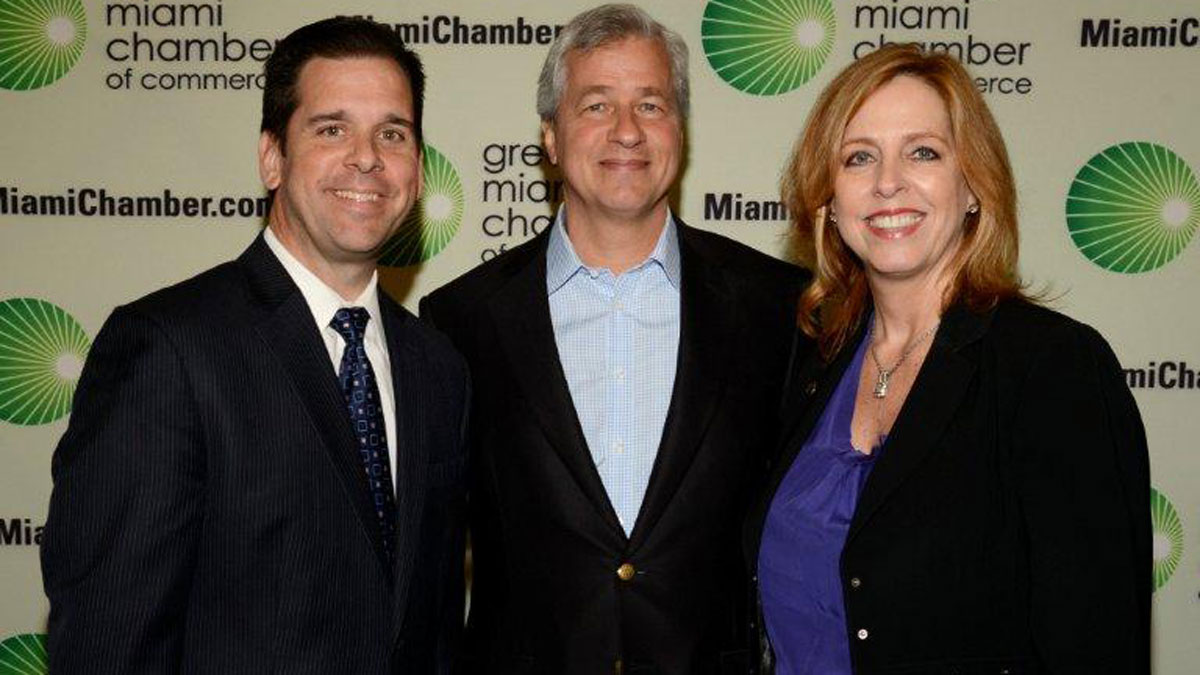Results from Kaplan Test Prep’s 2019 college admissions officers find that 36 percent of the nearly 300 admissions officers polled visit applicants’ social media profiles like Facebook, Instagram, Twitter, and YouTube to learn more about them-up from 25 percent last year and following a three year decline in the practice since the high mark of 40 percent in Kaplan’s 2015 survey. More and more young people are creating social media accounts in a bid to get recognized online as the influencer industry grows. Young adults are even purchasing likes, follows, or subscribers in the case of YouTube, as detailed on Buyoutubeviews, to gain attention. However, despite their content being appealing for other young people, it may not be the best representation of their character. This comes as teens are increasingly using newer social platforms such as TikTok and Twitch. Some college admissions officers state that it is a great way to learn more about their applicants, viewing social media platforms like TikTok as an outlet for their users (with many going to a BoostMyTikTok website to expand their reach on the platform). It allows them to reach many people and express their views and ideas with followers. It also shows how an individual may be able to influence and be influenced by those around them. There are even companies that use social media platforms to grow followers and expand their reach to their audience, with the help of services similar to SidesMedia (you can click here to get started and learn more). So there is no denying that platforms like TikTok aren’t an influential part of everyday society.
Of admissions officers who have checked out an applicant’s social media footprint, about one in five (19 percent) say they do it “often,” significantly higher than the 11 percent who said they checked “often” in Kaplan’s 2015 survey. Of the admissions officers who say they check social media to learn more about their applicants, 38 percent say that what they found has had a positive impact on prospective students. On the flip side, 32 percent say that what they found had a negative impact. Both of these figures have fluctuated slightly over the past few years.
The Kaplan survey found that although less than half of admissions officers visit applicants’ social media profiles, 59 percent-slightly higher than last year’s 57 percent-consider it “fair game,” while only 41 percent consider it “an invasion of privacy that shouldn’t be done.” Some would argue that it’s not an invasion of privacy at all if you’re posting for everyone to see, especially if you’re doing it with the intention of amassing a large following. For example, those who post content on video-sharing sites like YouTube usually have the intention of gaining some sort of fame, especially if they’re using tips from this Website on gaining likes. Therefore, it’s only fair that college admissions officers get to view the type of content being posted. College applicants are notably more accepting of this practice than admissions officers; in a separate Kaplan survey completed last year, 70 percent of college applicants said they believe it’s “fair game” for college admissions officers to check social media profiles.
“In tracking the role of social media in the college admissions process over the past eleven years, what we’re seeing is that while admissions officers have become more ideologically comfortable with the idea of visiting applicants’ social media profiles as part of their decision-making process, in practice, the majority still don’t actually do it. They often tell us that while it shouldn’t be off limits, they are much more focused on evaluating prospective students on the traditional admissions factors like an applicant’s GPA, SAT and ACT scores, letters of recommendation, admissions essay, and extracurriculars,” says Sam Pritchard, director of college prep programs, Kaplan Test Prep.
“We continue to believe that applicants’ social media content remains a wildcard in the admissions process, with what they post possibly being the tipping point of whether they or not they’re admitted to the college of their choice. Our consistent advice to teens is to remain careful and strategic about what they decide to share. In 25 years, you’ll definitely remember where you graduated college from, but you’ll unlikely remember how many people liked that photo of what you did over winter break.”














 Deering Estate
Deering Estate
 Massage Envy South Miami
Massage Envy South Miami
 Calla Blow Dry
Calla Blow Dry
 My Derma Clinic
My Derma Clinic
 Sushi Maki
Sushi Maki
 Sports Grill
Sports Grill
 The Healthy Kitchen
The Healthy Kitchen
 Golden Rule Seafood
Golden Rule Seafood
 Malanga Cuban Café
Malanga Cuban Café

 Kathleen Ballard
Kathleen Ballard
 Panter, Panter & Sampedro
Panter, Panter & Sampedro
 Vintage Liquors
Vintage Liquors
 The Dog from Ipanema
The Dog from Ipanema
 Rubinstein Family Chiropractic
Rubinstein Family Chiropractic
 Your Pet’s Best
Your Pet’s Best
 Indigo Republic
Indigo Republic




 ATR Luxury Homes
ATR Luxury Homes


 2112 Design Studio
2112 Design Studio
 Hamilton Fox & Company
Hamilton Fox & Company
 Creative Design Services
Creative Design Services
 Best Pest Professionals
Best Pest Professionals
 HD Tree Services
HD Tree Services
 Trinity Air Conditioning Company
Trinity Air Conditioning Company
 Cisca Construction & Development
Cisca Construction & Development
 Mosquito Joe
Mosquito Joe
 Cutler Bay Solar Solutions
Cutler Bay Solar Solutions


 Miami Royal Ballet & Dance
Miami Royal Ballet & Dance
 Christopher Columbus
Christopher Columbus
 Pineview Preschools
Pineview Preschools
 Westminster
Westminster
 Carrollton
Carrollton
 Lil’ Jungle
Lil’ Jungle
 Frost Science Museum
Frost Science Museum
 Palmer Trinity School
Palmer Trinity School
 South Florida Music
South Florida Music
 Pinecrest Orthodontics
Pinecrest Orthodontics
 Dr. Bob Pediatric Dentist
Dr. Bob Pediatric Dentist
 d.pediatrics
d.pediatrics
 South Miami Women’s Health
South Miami Women’s Health

 The Spot Barbershop
The Spot Barbershop
 My Derma Clinic
My Derma Clinic




 Miami Dance Project
Miami Dance Project

 Rubinstein Family Chiropractic
Rubinstein Family Chiropractic
 Indigo Republic
Indigo Republic

 Safes Universe
Safes Universe
 Vintage Liquors
Vintage Liquors
 Evenings Delight
Evenings Delight





 Atchana’s Homegrown Thai
Atchana’s Homegrown Thai
 Baptist Health South Florida
Baptist Health South Florida

 Laser Eye Center of Miami
Laser Eye Center of Miami
 Visiting Angels
Visiting Angels
 OpusCare of South Florida
OpusCare of South Florida

 Your Pet’s Best
Your Pet’s Best





 HD Tree Services
HD Tree Services
 Hamilton Fox & Company
Hamilton Fox & Company


 Creative Design Services
Creative Design Services